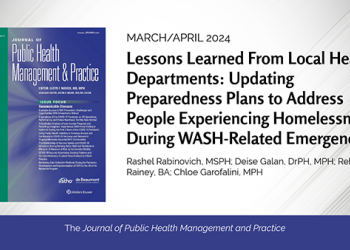Some people use frozen berries without first cooking them, increasing their risk of exposure to harmful viruses. The U.S. Food and Drug Administration reported three hepatitis A virus outbreaks and one norovirus outbreak linked to frozen berries in the United States from 1997 to 2016. The FDA began sampling frozen berries for each hazard as part of the agency’s efforts to protect consumers and ensure food safety.
The sampling assignment began in November and is estimated to last approximately 18 months. The agency is collecting domestic samples of frozen berries in retail packaging from processors, distribution centers, warehouses, and retail locations. The agency is also collecting import samples from ports of entry, importer warehouses, or other storage facilities where foreign goods are cleared for entry into the country. The FDA plans to collect and test 2,000 samples in all.
Frozen berries are used as ingredients in many foods without being cooked; cooking would reduce or eliminate potential contamination. Strawberries, raspberries and blackberries are delicate and may become contaminated with bacteria or viruses if handled by an infected worker who does not use appropriate hand hygiene, or if exposed to contaminated agricultural water or a contaminated surface, like a harvesting tote. Freezing preserves berries but generally does not kill viruses, which can survive at low temperatures.
If the FDA detects hepatitis A virus or norovirus in a sample, the agency will notify the firm of the finding(s) and work with the firm to take appropriate action to protect the public health. Upon detecting a positive test result, the FDA may also take actions such as placing a firm on an import alert, overseeing a recall, or issuing public warnings.
The FDA will post the sampling results on its FY 19-20 Frozen Berries Assignment page on a quarterly basis and will publish an analytical report once the assignment is complete.






